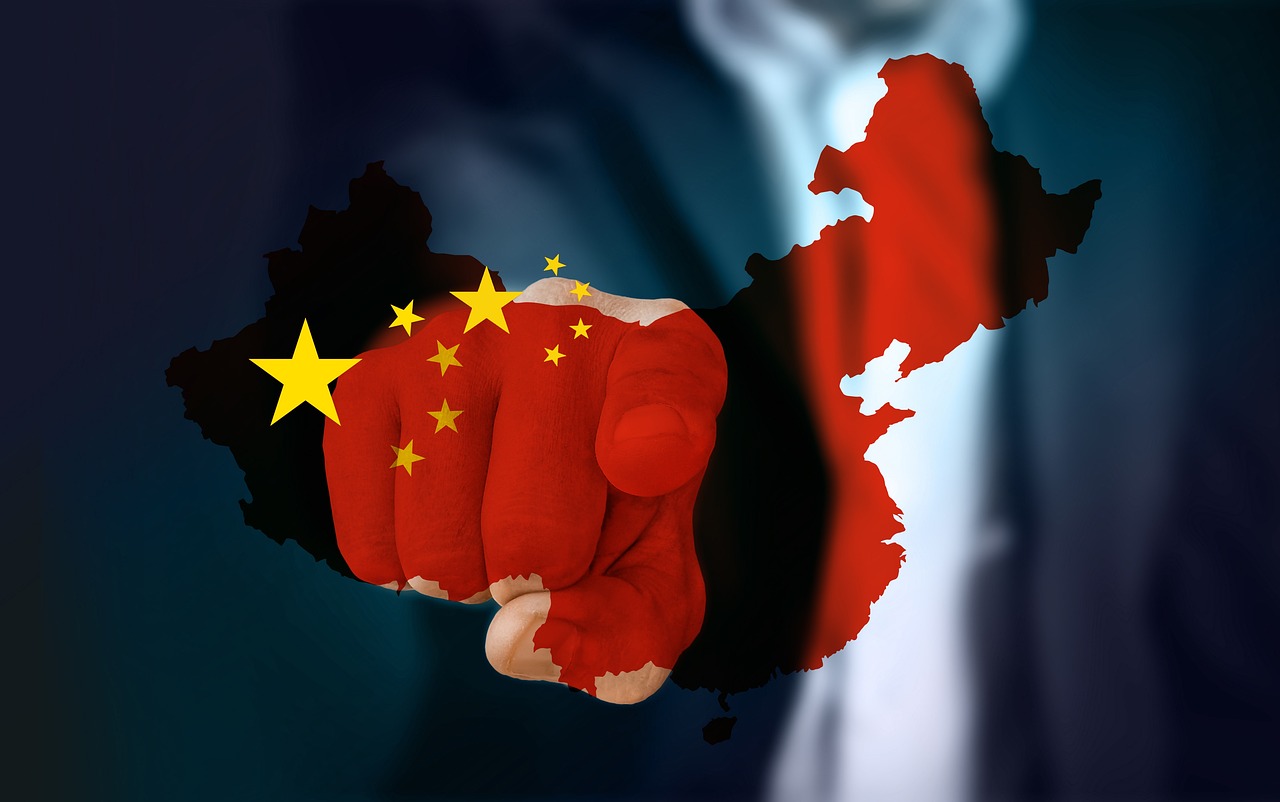In a positive move towards ethical AI, China has drafted new regulations that will take effect later in 2025, which require AI-generated content to be clearly labelled as such. This is a move to promote online transparency and curb misinformation as China aspires to lead in the AI race globally. Cyberspace Administration of China (CAC) – China’s internet watchdog – has joined hands with Ministry of Industry and Information Technology, Ministry of Public Security and National Radio and Television Administration to draft the regulations that will take effect on September 1st, 2025.
According to the directive, AI generated content must have implicit and explicit labels for users to understand that the content is artificial and has no relation with the real world. The explicit labels must be clearly visible to the users, while the implicit identifiers should be embedded in the metadata in several forms, such as digital watermarks. The onus falls on the AI platform developers as well to enable features that automatically add labels in the AI-generated content. Online service providers must ensure compliance with China’s cybersecurity and deep synthesis management rules. Any content that lacks the explicit or implicit identifiers can be flagged if it shows clear signs of AI-related features.
The directive applies as much to individual users as to service providers. While the individual users must explicitly mention the use of AI for generating content, service providers must keep record of AI generated content for six months. In case either of them removes, conceals or alters the labels, strict punishments are in store for them.
China’s drive for AI ethics space is even more pertinent as the country is rolling out several AI models one after another to gain leadership position in the global AI race. It also reinforces government’s control over AI-driven content and oversight of the use of technology in the information space. AI regulation has also been made a focus area for CAC’s 2025 “Qinglang” campaign that is aimed at cleaning up China’s online space. With the intent to strictly enforce labelling practices and monitor AI-generated information online, China appears to be driven to combating misinformation and ensuring transparency in the digital space, while also running a crackdown on deceptive marketing on short video platforms.
Chinese government, however, acknowledges the challenges in ensuring labelling in the live streaming and voice calls spaces as labels are difficult to implement without impacting speed and quality of communication. Modifications by other AI platforms can help to remove digital fingerprints, labels and encrypted metadata. Some people are also concerned if such regulations will choke innovation in AI space.
Anyways, the move by the Chinese government has shown how governments can play an active role in technology oversight and regulation. It also paves the way for further discussion among the policymaking circles on how AI-generated content can be prevented for being the agent of misinformation and what governments can do for the governance of AI.









